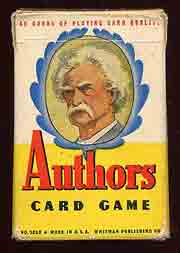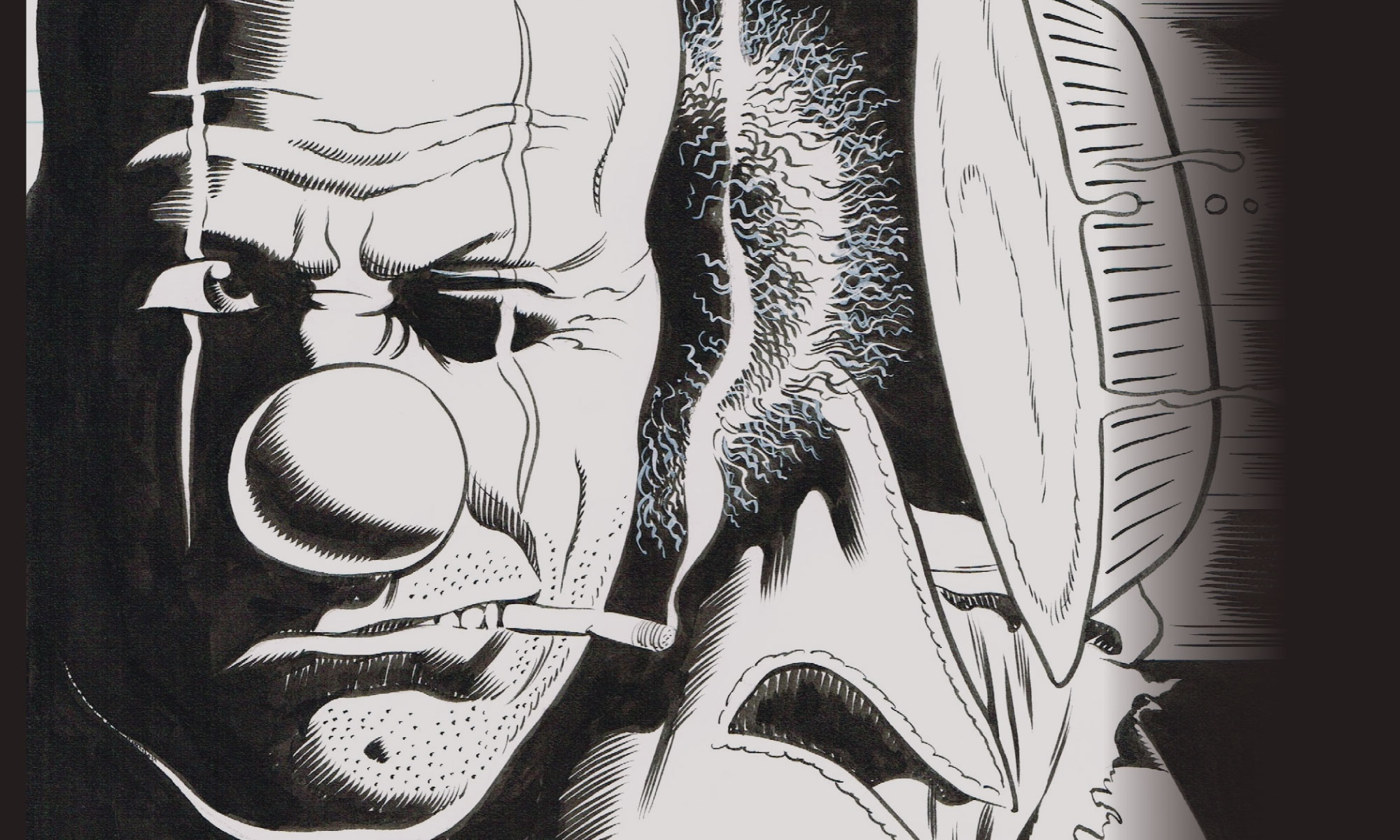 Just got off the phone with a journalist from Le Temps, which is a big daily newspaper in Switzerland. She wanted my opinion on the bowdlerization of The Adventures of Huckleberry Finn, which has dominated the news cycle during this slow week. I’m Mr. Politically Correct, after all, so I was flattered to be remembered and asked my opinion. At least her call forced me to think a little about the plan and my reactions to it.
Just got off the phone with a journalist from Le Temps, which is a big daily newspaper in Switzerland. She wanted my opinion on the bowdlerization of The Adventures of Huckleberry Finn, which has dominated the news cycle during this slow week. I’m Mr. Politically Correct, after all, so I was flattered to be remembered and asked my opinion. At least her call forced me to think a little about the plan and my reactions to it.
Of course, substituting “Slave” for “nigger” in Huck Finn is ridiculous, but like many a ridiculous plan, someone is going to try it. The professor who is editing the volume says it’s intended for the teachers who want to use it in the classroom but are worried about lawsuits. I’m sympathetic to the teachers’ potential issues, but I have a suspicion that some people want the book to be a rollicking adventure story suitable for preteens, rather than the complex and often painful book it is. It’s not a book about a cracking fun raft ride, it’s about a young orphan’s moral growth and rejection of basically everything around him.
And Mark Twain is not our more literary version of Will Rogers. Just imagine the world of American letters without him, how arid and provincial and easily manageable the remaining writers would seem. We NEED the difficult, ornery, contradictory and flawed writer that Mark Twain was, because the era in which he grew up gave us a lot to be ashamed about. A lot that we need to remember.
Twain was a stickler for language, and he had the chance often in his life to change the offending word to something else. But nothing else had or still has the punch, the sting, the stink of human hate. “Nigger” is nowhere near the equivalent of “slave” (even though someone in the NYT asked why “slave” should be considered inoffensive in its own right). Nowhere near the dehumanization, the belittling, the oppression and pain. Was America built on the backs of slaves? Yep, right up til 1865. Was it built on the backs of niggers? Even more so, from sea to shining sea, and continues to this day. And, (not to diminish what black Americans have suffered) they come in many colors.
But I don’t think this new edition will gain any traction at all. For one thing, it’s still easy to pick up Huck Finn and enjoy it, so the original version will always attract readers who want to see what all the fuss is about. It’s not a fusty old cadaver of a book, it’s maddeningly alive. And until something else comes along, like Hemingway wrote, all American literature flows from it. I tried to explain this to the Swiss journalist, but probably didn’t do it adequately. For every person who might want to change the text, there are 50,000 of them who want to preserve it. (Now, if he’d made fun of religion or capitalism in it, like he did in his other lesser-known books, it might be a different story.)
It was gratifying to hear the reporter (who sounded kind of young, maybe in her 30s) talk about how people all over Europe and the rest of the world take a great deal of interest in American culture, and the perception that if America is anything, it’s a place where freedom of speech is a paramount virtue. She stumbled a bit when she almost said, “But America is still a racist country, right?” I agreed with her partially, that some parts (not just geographical) of the country will always be racist, but more to the point, it will always be an unequal society, which is why we can’t sanitize writers like Twain.
What’s more likely to diminish racism in America, editing out one word from a novel, or having people read the novel and be confronted all its pain and cruelty? The answer is obvious.
At least all this news coverage has unearthed a Twain quote I’d never heard before, which I really like: “Censorship is telling a man he can’t have a steak just because a baby can’t chew it.”

